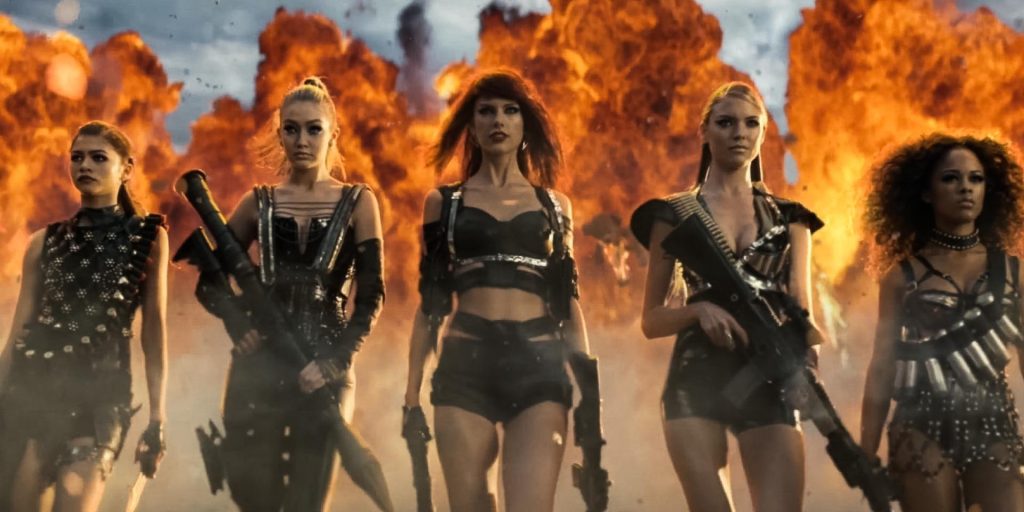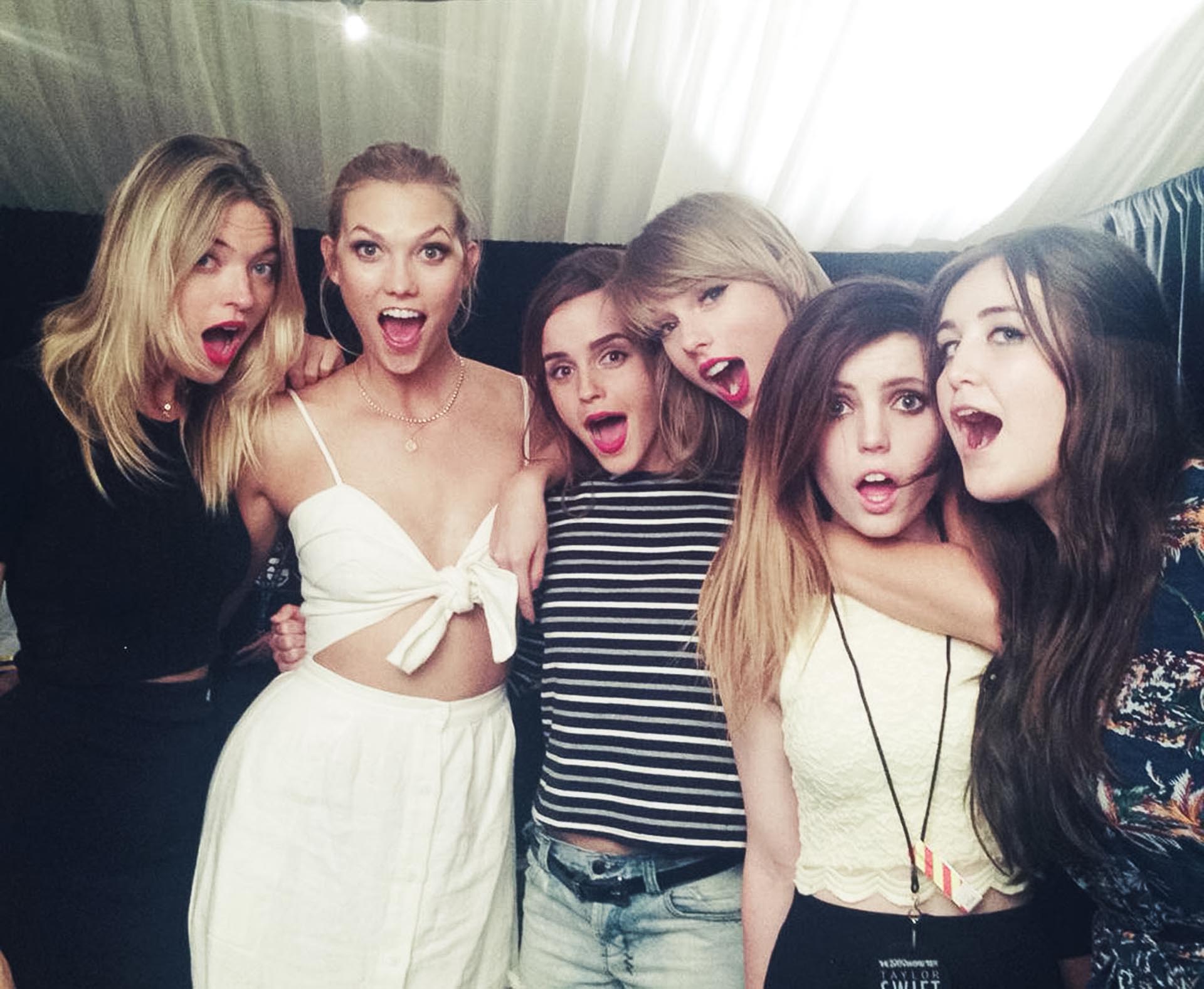However, the truth is that celebrity culture does not exist in a vacuum and recognising its importance and relevance does not detract from the significance of other bigger issues.
For starters, the media’s portrayal of celebrity culture is a reflection of our most basic experiences and how they shape us.
Take for example Taylor Swift’s squad, which comprises of conventionally pretty stars like Selena Gomez, Karlie Kloss and Blake Lively. Swift’s squad reflects the social currency of high school cliques. and while the squad strives to symbolise girl power, its mere existence is self-serving at best and a reminder that having the power to select certain kinds of friends is a privilege and success few are privy to.
Relatedly, the rise of digital social influencers emphasises Swift’s squad’s ‘who you know’ and ‘how you look’ mentality. Many, who boast followers in the tens of thousands, hang out with those of similar social reach and are often derided for just being pretty faces without individuality. Nonetheless their follower count far outnumbers those considered less attractive, even if the latter might create more meaningful content.
That said, multi-hyphenate millennials, from Australia’s Margaret Zhang to Singapore’s Jemimah Wei, are redefining career success and leading younger workers who no longer believe in singular skillsets. In fact, the epitome of someone who strives to be successful on one’s own terms is none other than Kim Kardashian.
Media and celebrity – a symbiotic ecosystem
Indeed, social media has disrupted the conventional one-way model of media influencing audience by allowing celebrities to take back ownership of how they’re portrayed. So, how relevant is celebrity culture vis-a-vis traditional media in an age where the celebrity can self-publicise?
The short answer: still very much so. Celebrities still turn to media outlets for publicity when it serves their interests – a sobering reminder that no entity is fully self-sufficient.
In Asia, traditional media publicity is still highly valued and reminds consumers that celebrity culture is built on an interdependent relationship between several parties: media, audience and celebrity. It should thus not be taken at face value, for every message is likely intentional.

Despite knowing that a celebrity’s image is meticulously planned, we are drawn to celebrities who appear authentic and enlightened. Celebrities, such as Jennifer Lawrence and Jesse Williams, come across real and are outspoken about important issues like the gender pay gap and racism on screen.
In fact, fans of such celebrities adore them precisely for throwing the spotlight on controversial topics, such as the role of race in celebrity culture. A famous example is Taylor Swift’s white female victim versus Kanye West’s angry back man narrative. As the culturally romanticised white female victim, Swift gave a plea to be excluded from her recent feud with West and Kim Kardashian, a power she was only able to exert because of her image.
That is why the feud is not a mere fight – it reveals the inherent systemic biases in Hollywood which is a microcosm of society, a point brought up by several gossip sites. When laced with the accessibility of celebrity culture, taboo topics become more palatable to the masses.
Where does this leave the more conservative Asian celebrity culture? We can’t deny that celebrity culture simultaneously defines and reflects our social constructs, so the onus lies on those whose voices can be heard to boldly question in order to progress as an industry and society. Even if – or especially if – it goes against cultural norms.
Perhaps then, if any good were to come out of our obsession with Western celebrity culture, it is that we take a closer look at how and why we frame certain celebrities in a certain light. In doing so, we are then forced to consider bigger themes, and our roles as both consumers and producers of pop culture.






